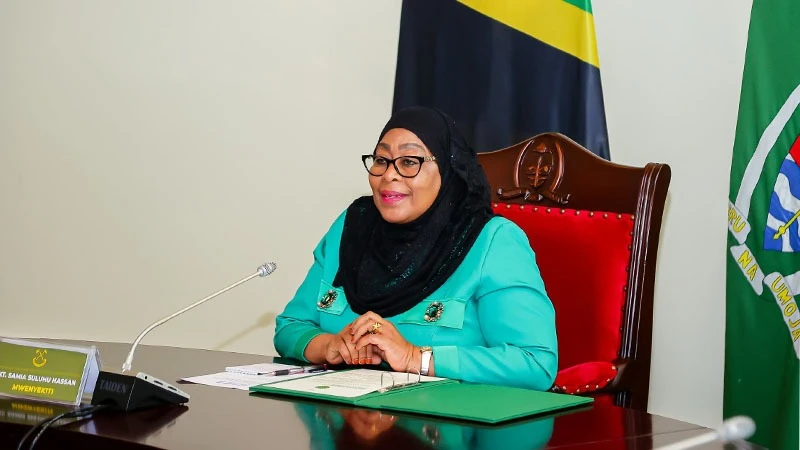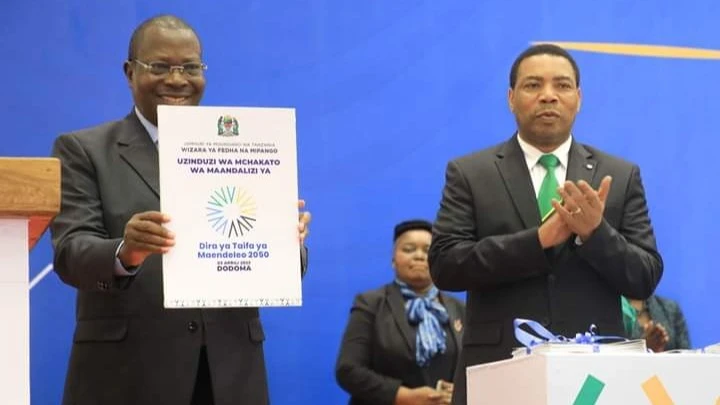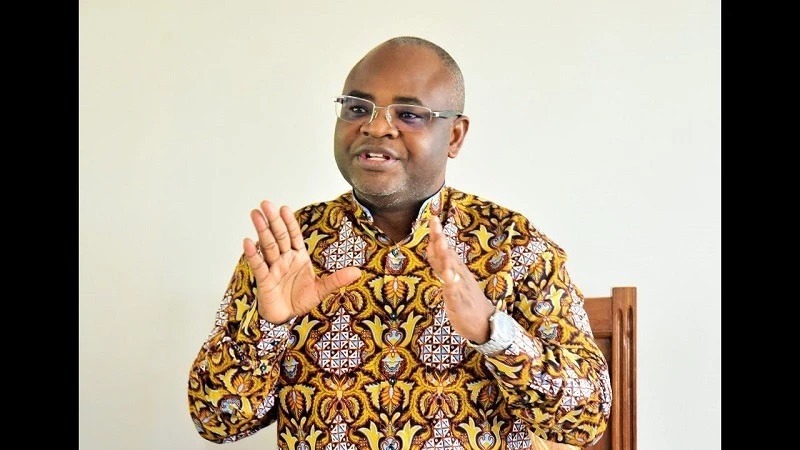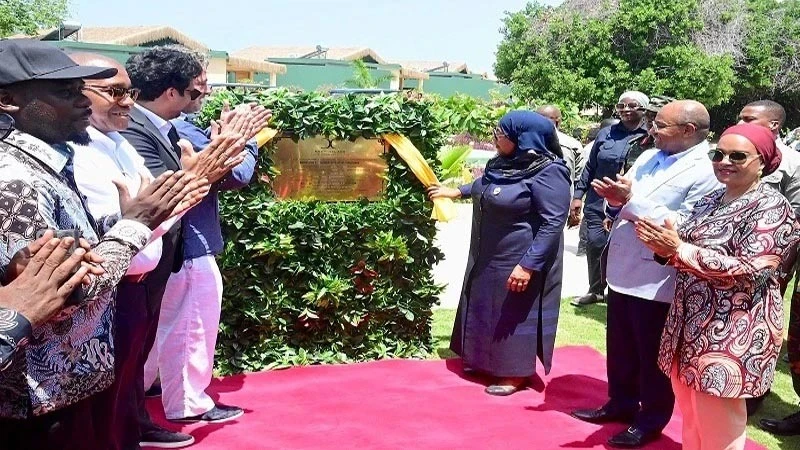Unanimous salutation of reshuffle consolidates the 4Rs key mindset

POLITICAL debate will not be long on the minor cabinet reshuffle conducted by President Samia Suluhu Hassan at the weekend, which some observers have said it was largely a move to enhance accountability. The president was yet to ‘cross the t’s and dot the i’s’ as was generally expected in the unavoidable swearing in ceremony, but much of what occasioned the change is well known. The issue about the ex-Information minister was loud and clear, where the plaudits arose, while the ex-Foreign minister was less vivid.
Interviewed experts said that the president sought to strengthen accountability while responding to a public uproar arising from unguarded comments from one of those removed from the cabinet. Perhaps it was less accountability than cohesion, that the sentiment, whatever its merits and demerits, did not represent wide ranging convictions within the cabinet, the government at large or indeed the ruling party. It sort of wished to give credence to tricks or trafficking of results by candidates’ agents, as it at times occurs.
So if the former minister did not err in the commission, that is, in actually seeking that the formal results differ from the ballot box, there was doubtless a problem of omission, namely the lack of a feeling that this sort of trafficking is inappropriate. It was a feeling that such trafficking is ‘part of the game,’ which all those who descended upon them would definitely admit. But to appear to be condoning it crossed the proverbial ‘red line.’
A number of experts were of the view that the reshuffle improves cabinet cohesion for greater focus on socio-economic development. That is undeniable as electoral situations often lead to contending loyalties among top administrators, which were of radically divergent in the sort of backgrounds to the latest reshuffle as experienced in public awareness. One related to acknowledging possible shifts in critical moments of electoral loyalties such that destiny can be altered - and the beneficiary is too often the ruling party.
The issue here is hence not whether the former minister was right or wrong, but whether such electoral reversal incidents will happen or not. What the reshuffle underlines is not that specific candidates won’t seek to buy out agents if the candidate’s oversight and that of his supporter is low enough but that this isn’t government policy. This is where the 4Rs philosophy comes in, namely that the government and electoral supervising body have to be above board, bent on observing democratic dispensation; cut down corrupt initiatives.
While critics have hailed the reshuffle as a welcome move to show that democratic conduct will not be tainted in the next polling season that is just half of the story. There was indeed outlandish, that the then minister’s remarks were indicative that the electoral derailing of 2020 as about to be played out again, which it is difficult to suggest that the veteran ruling party cadre was dreaming of it. Definitely not, it surely referred to the sort of underhand operations where in cliff hanging situations where there is no obvious winner via clear pre-voting impressions or even after the vote, disgruntled agents could take cash.
Axing the minister meant to show it isn’t policy, but it doesn’t rule out electoral mischief.
Top Headlines
© 2025 IPPMEDIA.COM. ALL RIGHTS RESERVED

















